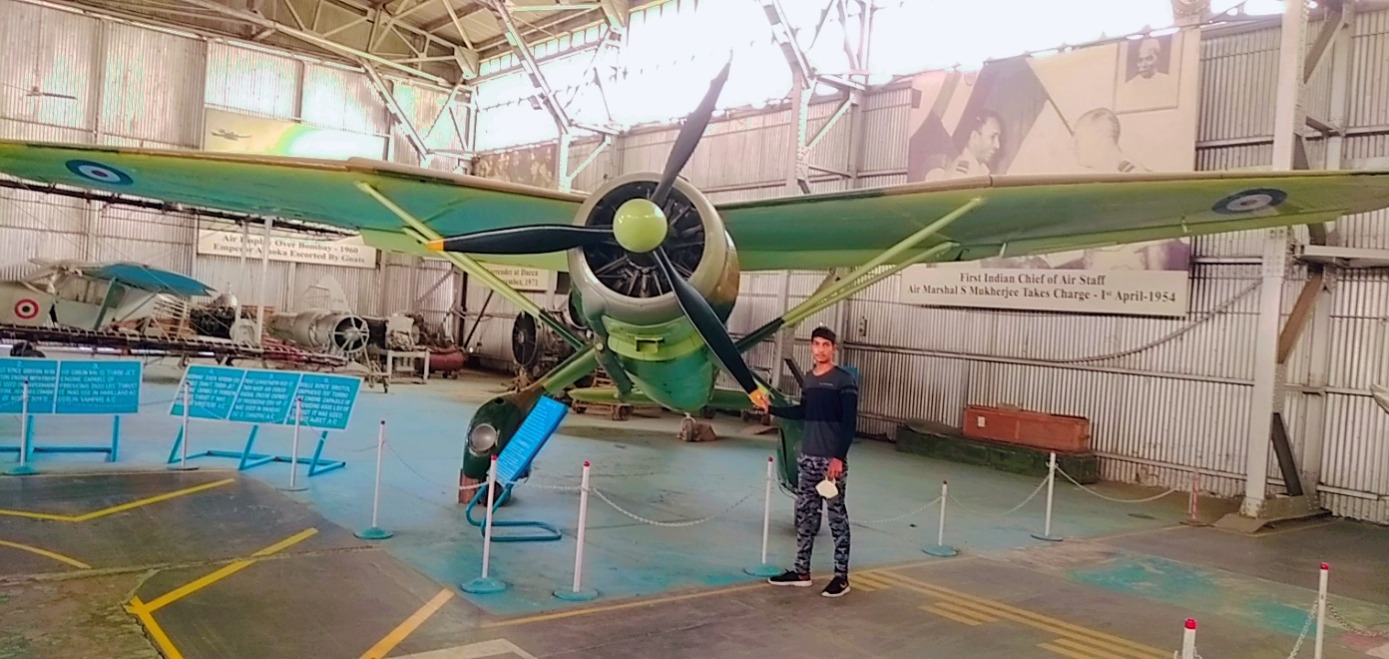Congress Addresses Global Community on Terrorism
Congress MP Shashi Tharoor highlighted India's measured response to terror bases in Pakistan following the Pahalgam attack and called for global unity in fighting terrorism. He emphasized that India is not interested in warfare with Pakistan.
Study Addresses Stigma Faced by Sickle Cell Disease Patients in India
A study is being conducted to develop a scale for addressing the stigma faced by sickle cell disease patients in India. The study highlights the importance of culturally adaptive tools for identifying and addressing stigma.
New COVID Variants Detected in India
India has detected new COVID variants, including NB.1.8.1 and LF.7. The JN.1 variant is dominant in India, accounting for 53% of the samples. Health experts say there's no need for panic.
Modi Advocates Cooperative Federalism for Development
Prime Minister Narendra Modi urged states to boost development through cooperative federalism and competitive spirit at the NITI Aayog Governing Council meeting. He stressed on collaboration for tourism, infrastructure, and job creation, with states like Tamil Nadu and Chhattisgarh proposing specific development models.
